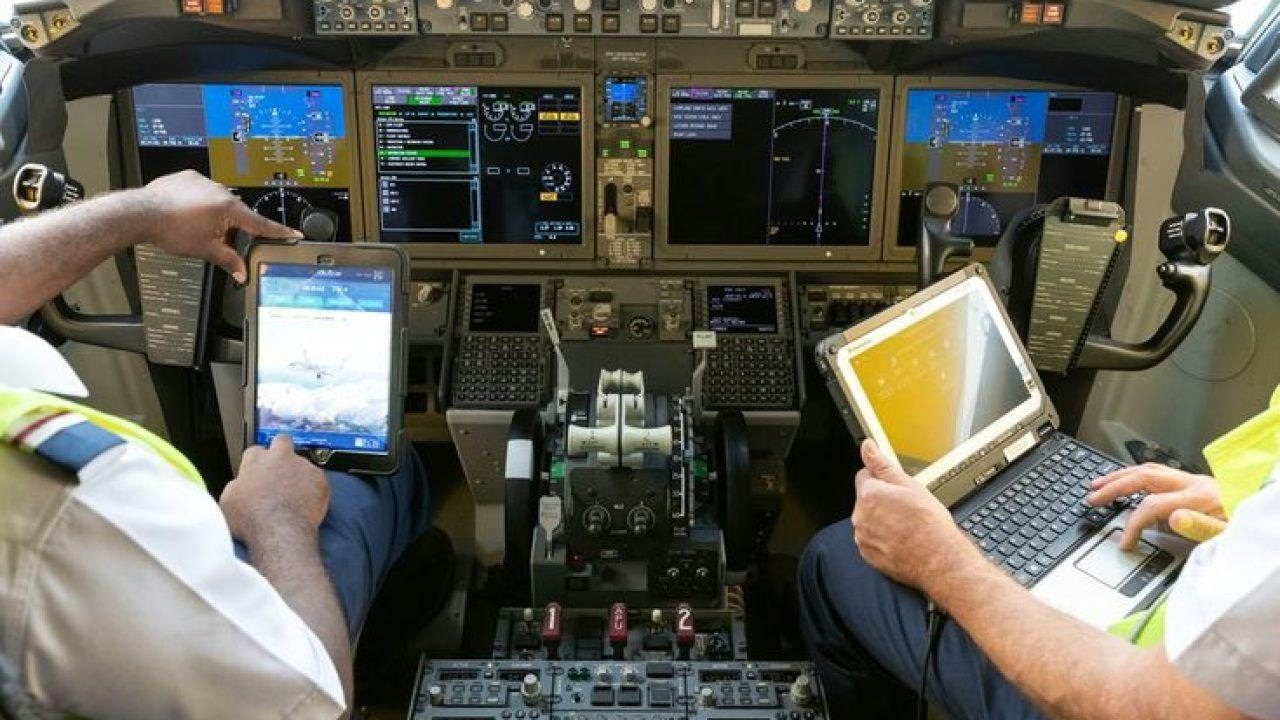
AeroGenie — Votre copilote intelligent.
Tendances
Categories
Natilus unveils innovative interiors for its future aircraft
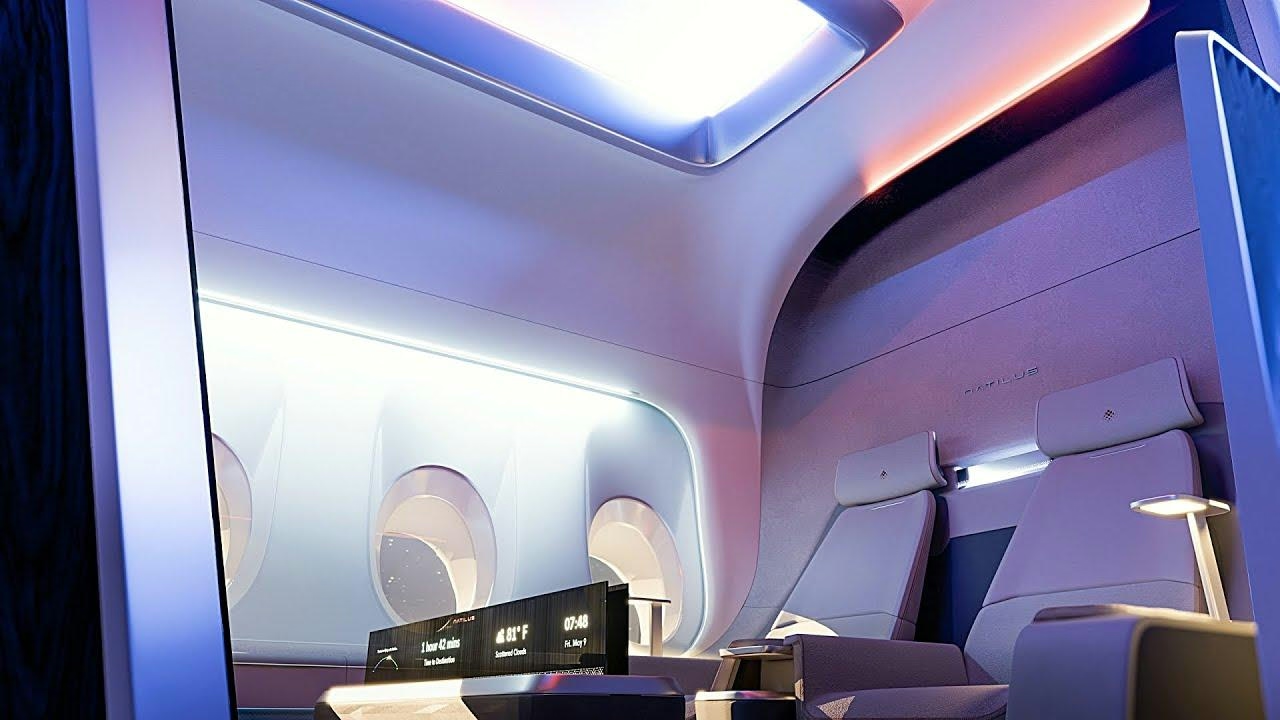
Natilus Unveils Innovative Interiors for Future Aircraft
Californian startup Natilus, recognized for its pioneering blended wing body aircraft design, has revealed its vision for the interiors of its forthcoming aircraft, aiming to transform both passenger and cargo experiences. In July 2025, the San Diego-based company introduced a proposed cabin concept for its future passenger aircraft, Horizon, developed in collaboration with California design studio ACLA.
Horizon Cabin Configurations and Features
The Horizon cabin is designed in two distinct configurations. The high-density layout accommodates 196 passengers, comprising 40 First Class seats with a 38-inch pitch, 48 Economy+ seats at 34 inches, and 108 Economy seats at 31 inches. Alternatively, a more exclusive Premium configuration seats 164 passengers across four classes: 16 First Class seats featuring a 42-inch pitch and full-flat capability, 16 Business Class seats at 38 inches, 60 Economy+ seats at 34 inches, and 72 Economy seats at 31 inches.
Natilus leverages the flexibility of its clean-sheet design to introduce several innovative onboard features. Among these are three dedicated video conference pods, providing comprehensive connectivity for video and phone calls—a first in commercial aviation. The cabin design compensates for the absence of traditional windows through advanced lighting systems, including simulated skylights and customizable virtual windows. These elements aim to create an immersive environment that reduces jetlag and enhances in-flight entertainment.
Additionally, the Horizon introduces “club seating,” a novel booking option that allows groups such as families or colleagues to reserve specific cabin sections arranged to facilitate social interaction. The aircraft would also feature three or four restrooms and eight exit doors, underscoring a commitment to both passenger comfort and safety.
Challenges and Market Outlook
Despite the ambitious nature of these interior concepts, significant challenges remain. Industry analyses, including a McKinsey & Company and Aviation Week survey, estimate development costs could reach as high as $25 billion, with a projected payback period of 10 to 12 years. While airlines may find these innovative alternatives appealing compared to more costly upgrades, market reactions have been mixed due to the substantial financial and technical risks involved. Established manufacturers such as Boeing and Airbus are expected to respond by refining their existing cabin offerings to maintain market share. Natilus’s premium features, including video conference pods and club seating, will also face competition from other emerging cabin innovations.
Advancements in Cargo Aircraft Design
In parallel with its passenger aircraft development, Natilus continues to advance its original cargo-only aircraft, the Kona. On July 9, 2025, the company announced it had secured a U.S. patent for a diamond-shaped cargo bay tailored to fit within the Kona’s blended wing body. This innovative configuration reportedly offers 2.5 times more cargo space than conventional tube-and-wing aircraft, while the aerodynamic design promises operating cost reductions of up to 30%.
As Natilus pursues its bold vision, the company confronts the dual realities of potentially transforming air travel and navigating the high development costs and competitive pressures inherent in a rapidly evolving industry.
Comments
- J
JASMINE TOM
I was scammed of $173,000 worth of bitcoin with a scam forest investment unknowingly then I didn’t know what to do.. I felt like I should committed a suicide but I fortunately have a good start again until my friend introduced me to a cyber crime investigator ( Mr Morris Gray )who helped to recovered it for me in just few days, if you feel scammed with fake forex you don’t need to be worried you can also text them on MorrisGray830@ gmail. com or WhatsApp +1 (603) 943-4257. and they will recover your bitcoins back...!!
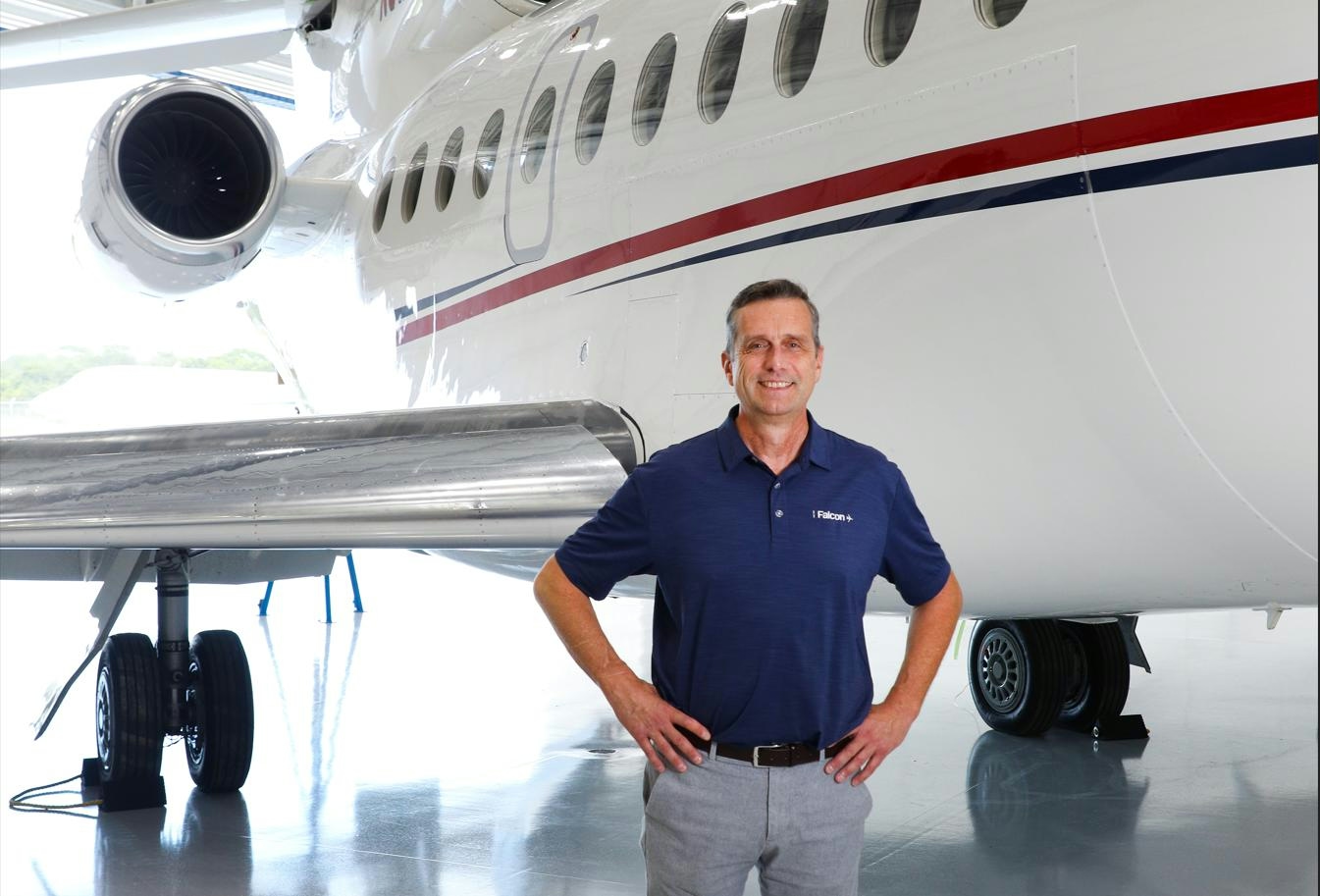
ExecuJet MRO Installs Starlink on Falcon 8X
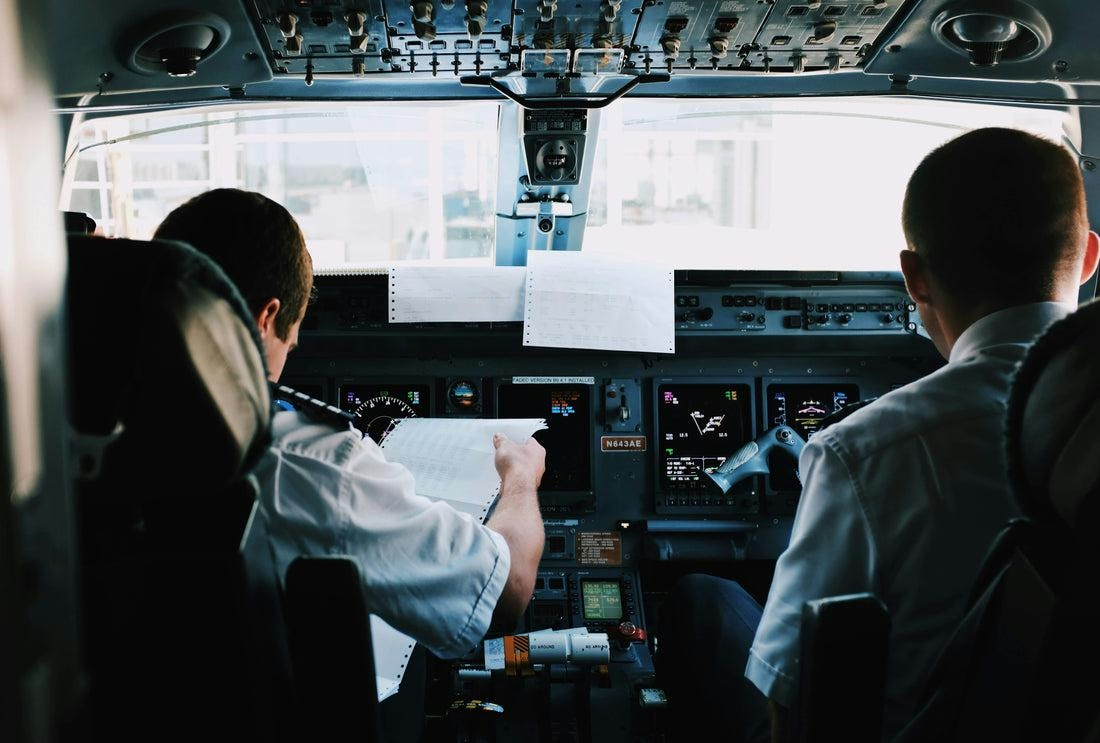
New Airlines Confront Supply Chain and Staffing Challenges

Global Airline Route Planning Software Market Forecasts Through 2035
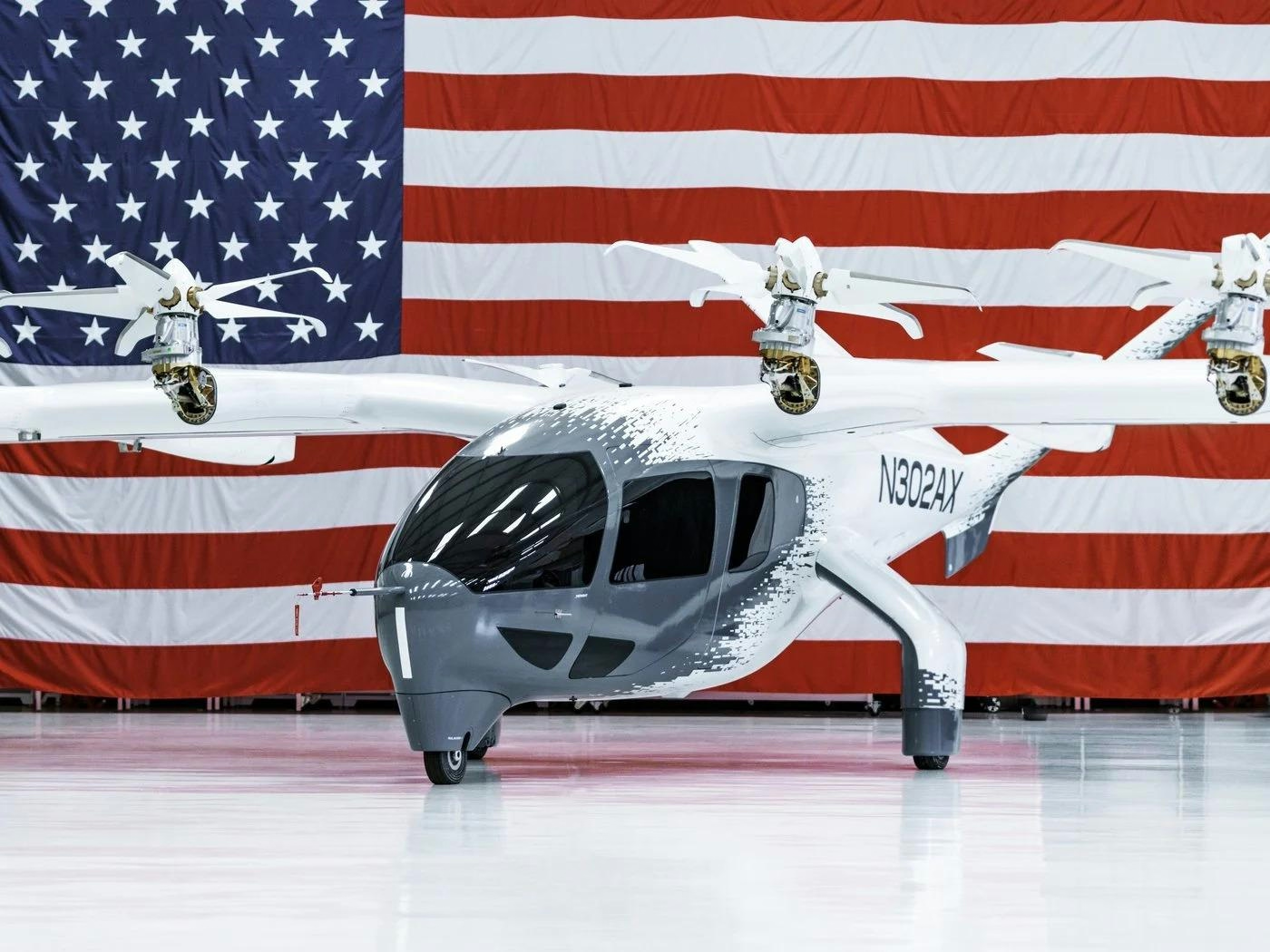
Archer Aviation Shares Rise Premarket Following Nvidia IGX Thor AI Partnership
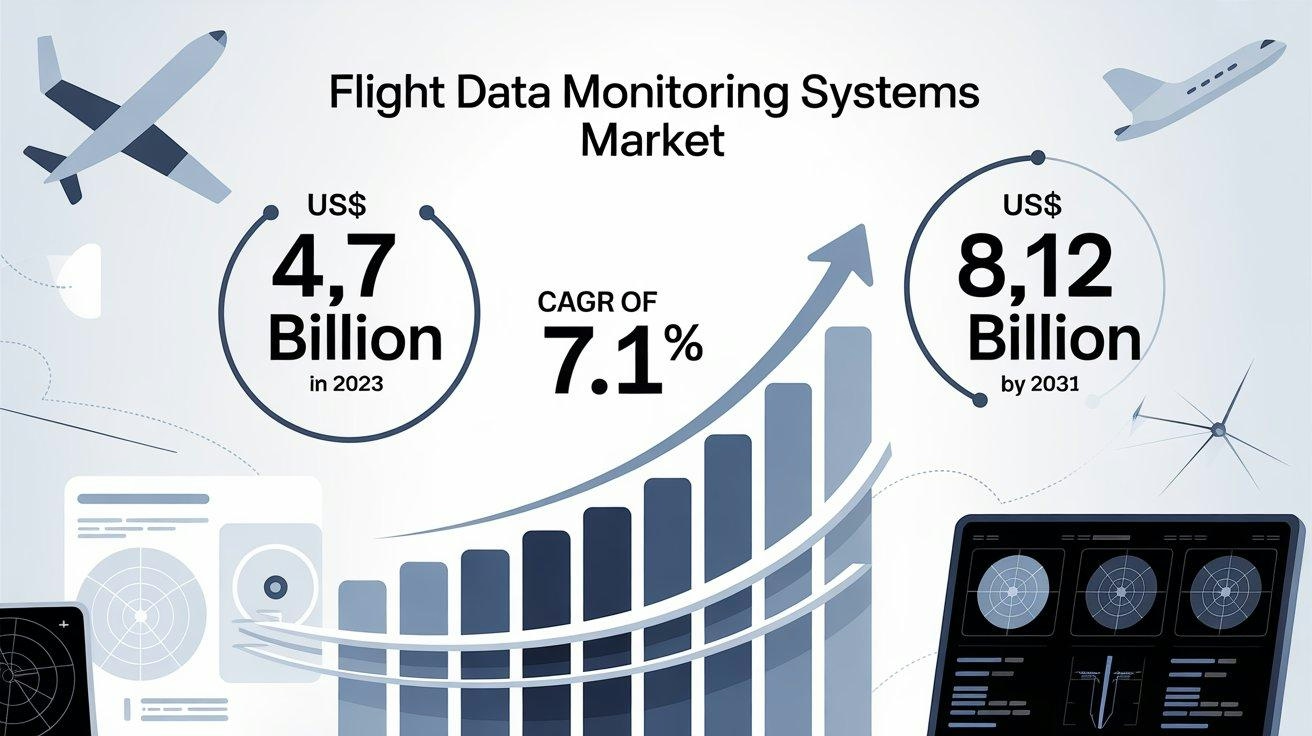
Flight Data Monitoring Systems Market Poised for Robust Growth Amid Rising Focus on Aviation Safety and Digital Transformation

Aircraft Avionics MRO Market Forecast and Analysis, 2024–2035
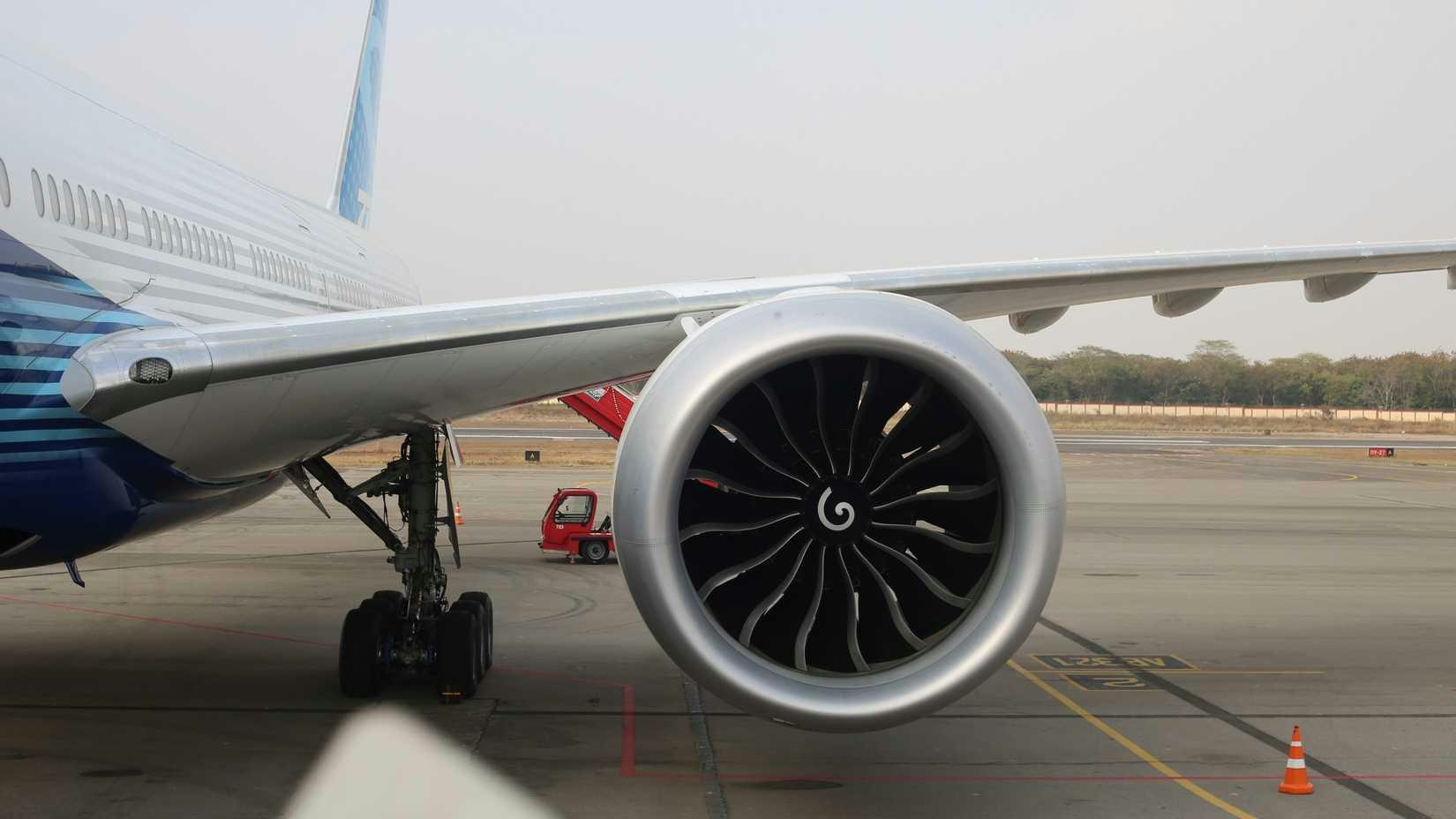
PIA to Lease GE90 Engines for Boeing 777
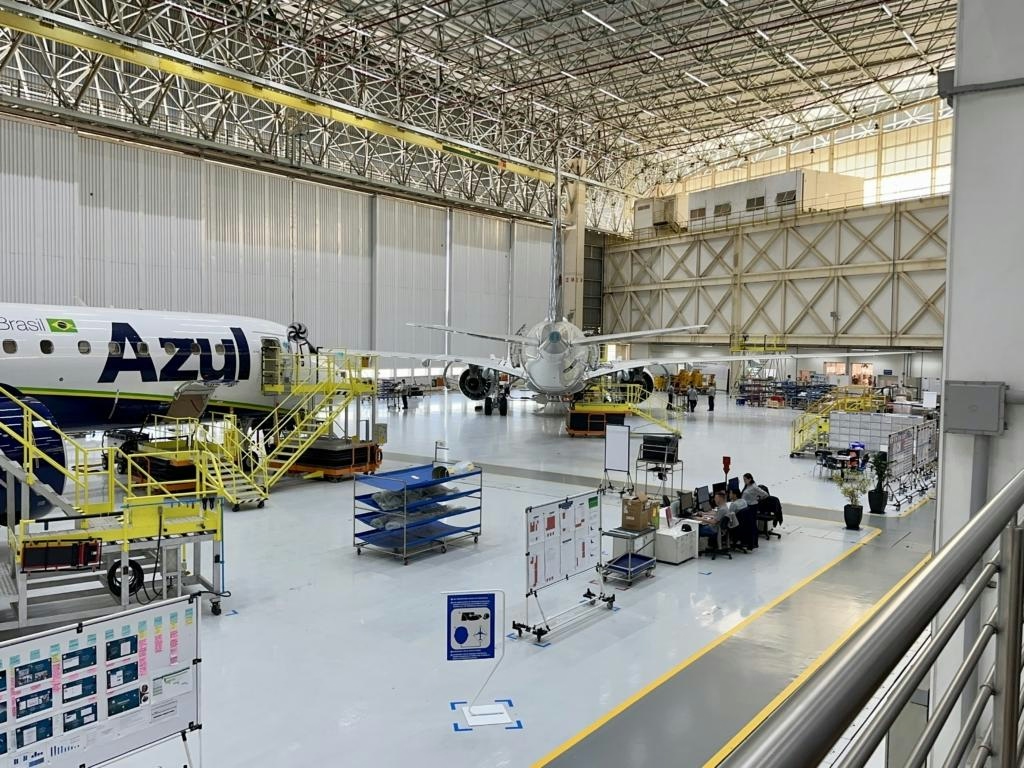
Adani–Embraer deal could bring commercial aircraft assembly to India
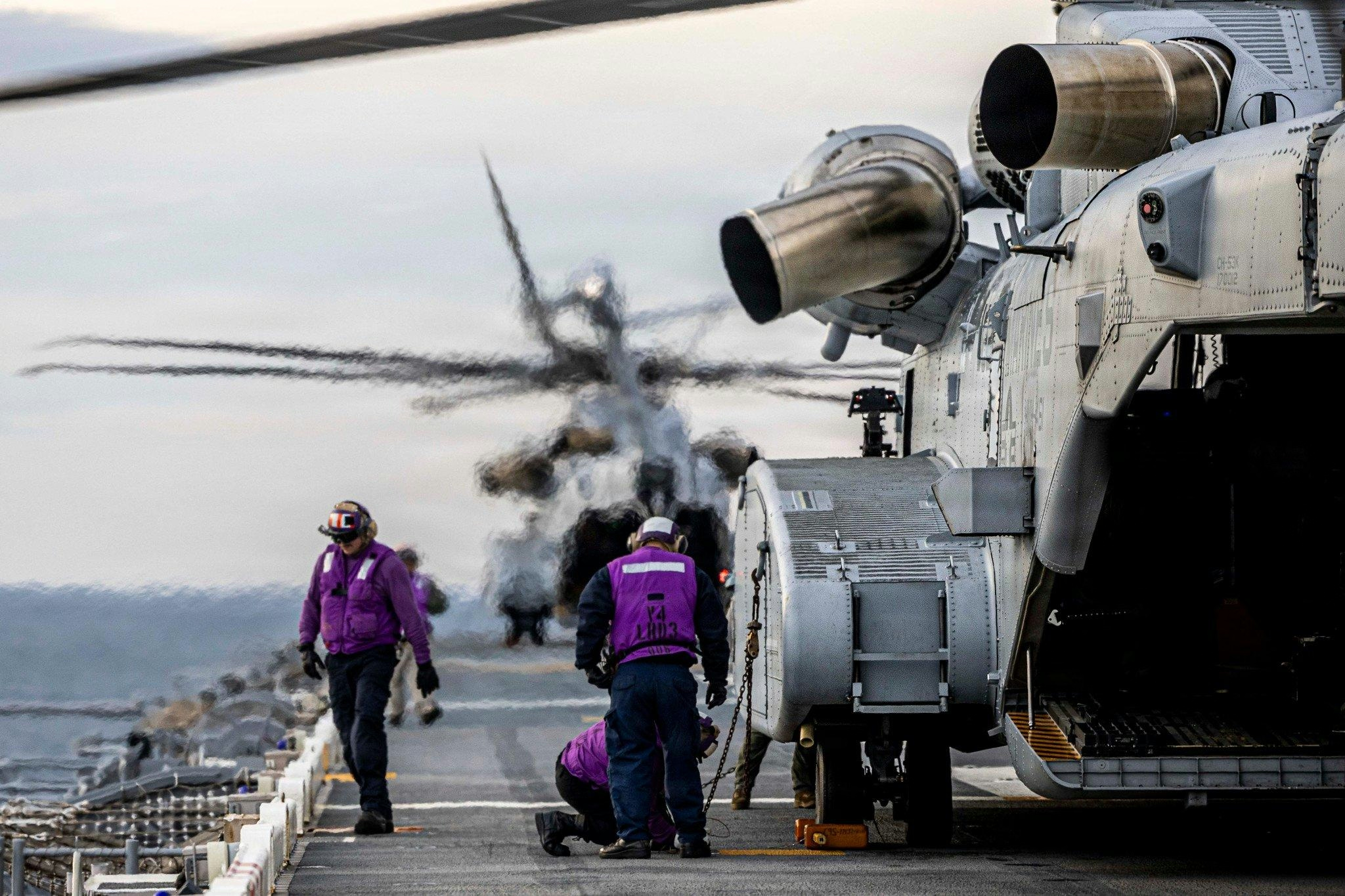
GE Aerospace Awarded $1.4 Billion Contract for CH-53K Engines
